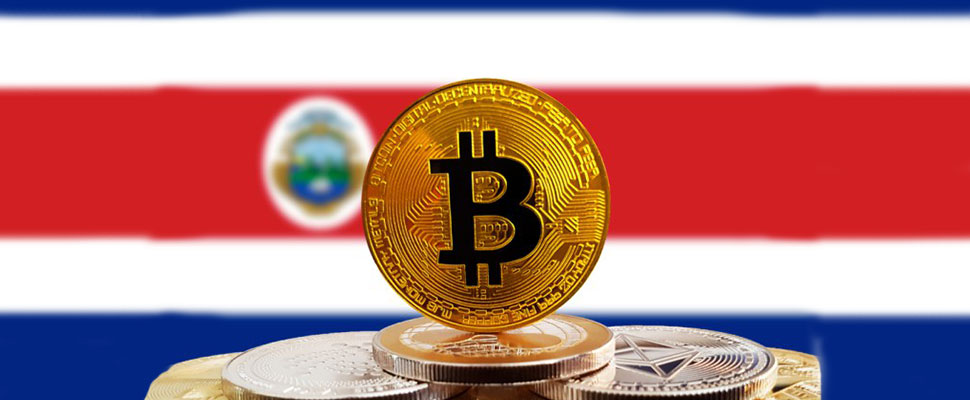Would you receive part of your salary in cryptocurrencies? It is possible in Costa Rica
Thanks to the Costa Rican law, there is the possibility of paying part of salaries in kind, which is why cryptocurrencies are an option

In an interview with the newspaper La República de Costa Rica , lawyer Rolando Perlaza from Nassar Abogados, was quite optimistic about the future of cryptocurrencies in this country and its use as payment to workers. Perlaza explains that this alternative cannot, and should not, replace the real currencies of the market, but to ignore the use made of cryptocurrencies internationally is to delay financial options.
Leer en español: ¿Le gustaría que le paguen su salario con criptomonedas? En Costa Rica es posible
It is important, however, that workers who opt for this alternative are informed of their possibilities, as well as the risks of accepting cryptocurrencies as a form of partial payment. This figure is covered by the Labor Code of Costa Rica , which in article 166 classifies salary in kind, that is, an exchange of goods that are not necessarily made in cash and that may constitute a form of partial compensation for work.
Costa Rica is one of the Latin American countries that has entered with greater force in the market of cryptocurrencies, because they have generated legal and effective ways of realizing an exchange of goods and services based on this new type of currency. For example, last year (2017), a Bitcoin ATM was installed in the Central American country, which allows the exchange of this cryptocurrency for a liquid currency of real value in the market. Also, there are tourist places, such as the Dream House Hotel Escazú located in San José that allows payments to be made in Bitcoin. Measures like these allow both locals and tourists to see cryptocurrencies as a safe alternative and real exchange in the market.
Also read: Which Latin American countries receive more remittances from abroad?
Now, while this scenario is encouraging for criptomonedas, on October 9, 2017 the Central Bank of Costa Rica issued a statement titled Position of the Central Bank of Costa Rica (BCCR) and Maximum Devolution Bodies (MDGs) with respect to cryptocurrencies, in which it is explained the reasons why it does not support the use of cryptocurrencies as an official currency in Costa Rica. Beyond the legal specificities of this country, the most important statement could be that "anyone who acquires this type of digital assets [cryptocurrencies], either as a form of savings or with the interest of using it as a means of payment and those who accept it with this function in commercial transactions, will also do so at their own risk, warning that they will be incurring in operations not contemplated by banking regulations or by the payment mechanisms authorized by the Central Bank of Costa Rica".
What are the benefits?
Workers in Costa Rica would be accessing a world currency market that would not go through the inequalities that may exist, for example, between the Colón (official currency of Costa Rica) and the strongest currencies in the market such as the dollar or the euro. This type of exchange would allow workers to access greater benefits both in Costa Rica and worldwide, which is an excellent perspective for competitiveness and quality of life.
What are the disadvantages?
Due to the position of the Central Bank of Costa Rica, the use of cryptocurrencies is placed in a state of legal defenselessness, since it is not a criminal act to use and trade with them, but there is no specific regulation that accepts them. This defenselessness leaves the users, in this case the workers who would pay them in cryptocurrencies, exposed to computer thefts and to interfere in larger criminal activities such as money laundering.
Undoubtedly, this is a proposal that benefits the financial landscape, both in Costa Rica and internationally. However, the position of official entities suggests that there is still a deep distrust of these new alternatives. That is why there must be a mutual and constant accompaniment between financial institutions, regulatory entities, and new alternatives, which allows directing their efforts towards a common objective in which the way we conceive the economy may change.
LatinAmerican Post | Jorge Ovalle
Translated from “¿Le gustaría que le paguen su salario con criptomonedas? En Costa Rica es posible”





